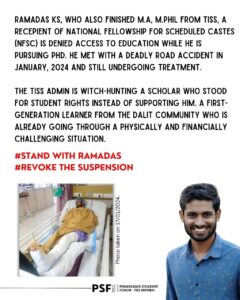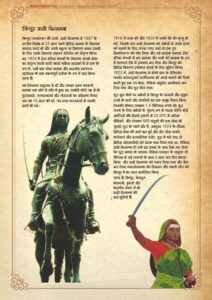Video of Discussion on Surveillance and Pegasus hosted by Free Speech Collective, Network of Women in Media India and SabrangIndia, July 26, 2021.
Speakers: M K Venu, Mishi Choudhary, Mihir Desai & Apar Gupta
Moderator: Geeta Seshu
Concluding Remarks : Teesta Setalvad
The disclosure that thousands of journalists, lawyers, politicians, human rights activists and prominent dissidents across the world had been spied upon by their governments using a spyware tool, ‘Pegasus’, struck at the very heart of the trust imposed by citizens on the State, especially in democracies, to safeguard their personal data and privacy.
The tool enables the remote surveillance of all models of mobile phones and is sold by the Israeli-based NSO Group, avowedly only to authorised governments, to combat terror and crime. Worldwide, the ‘Pegasus Project’ investigation by Forbidden Stories and Amnesty International revealed that the tool was used against a range of persons, including journalists, activists and opposition leaders deemed by their governments to be a threat.
In India, the tool was used to conduct surveillance of around 300 persons, at least 40 of them journalists, as well as human rights activists, student leaders, labour rights and health and anti-mining activists, scientists, professors, lawyers, politicians belonging to opposition parties and even ordinary citizens. This operation was conducted at huge cost and via a completely opaque process. The Indian government has denied that it has violated the law and said that the disclosures were an attempt ‘to malign Indian democracy and its well-established institutions.’ Meanwhile France and even Israel have ordered ‘investigations’ into some of the issues thrown up in the investigations.
However, questions remain: What is the extent of this surveillance? At what cost in monetary terms was it ordered and where did the funds come from? Which agencies of the government have been deployed to conduct it and on what grounds? How does this surveillance affect the democratic rights of citizens to function freely and without threat to their personal and professional security?
Speakers :
MK Venu – a senior journalist, and founding editor of The Wire, he is the former managing editor of the Financial Express and one of the targets of the surveillance malware. The Wire is one of the 17 media partners of the Pegasus Project launched by the non-profit Forbidden Stories consortium and Amnesty International.
Mishi Choudhary – a technology lawyer and civil liberties activist, she is the Legal Director of the New York based Software Freedom Law Center and has a law practice in New York and New Delhi. In India, SFLC.in monitors Internet shutdowns and recently filed petitions challenging the Information Technology (Intermediary Guidelines and Digital Media Ethics Code) Rules, 2021.
Mihir Desai – lawyer and human rights activist, he is a senior counsel practicing in the Bombay High Court and the Supreme Court of India. Legal counsel in several international people’s tribunals on human rights violations, he is also representing some of the accused in the Bhima Koregaon case, including the late Jesuit priest Fr Stan Swamy who died in custody on July 5, 2021.
Apar Gupta – a lawyer and the Executive Director of the Internet Freedom Foundation (IFF), he has been working on issues of net neutrality, free expression, privacy and innovation. IFF has filed several petitions in the Supreme Court on Internet-related policy issues that impinge on citizens’ rights.
Moderator
Geeta Seshu – founding co-editor of the Free Speech Collective, she is engaged in reporting and analysing media issues, in particular on freedom of expression, media ethics, media ownership and working conditions of journalists.
Concluding remarks
Teesta Setalvad – founder of Sabrangindia, she is a civil rights activist, journalist and educationist. She is the secretary of Citizens for Justice and Peace that has several freedom of expression, hate speech prevention and citizenship rights programmes running in several parts of the country.



1 thought on “India’s Deep State: Is Any Citizen Safe?”